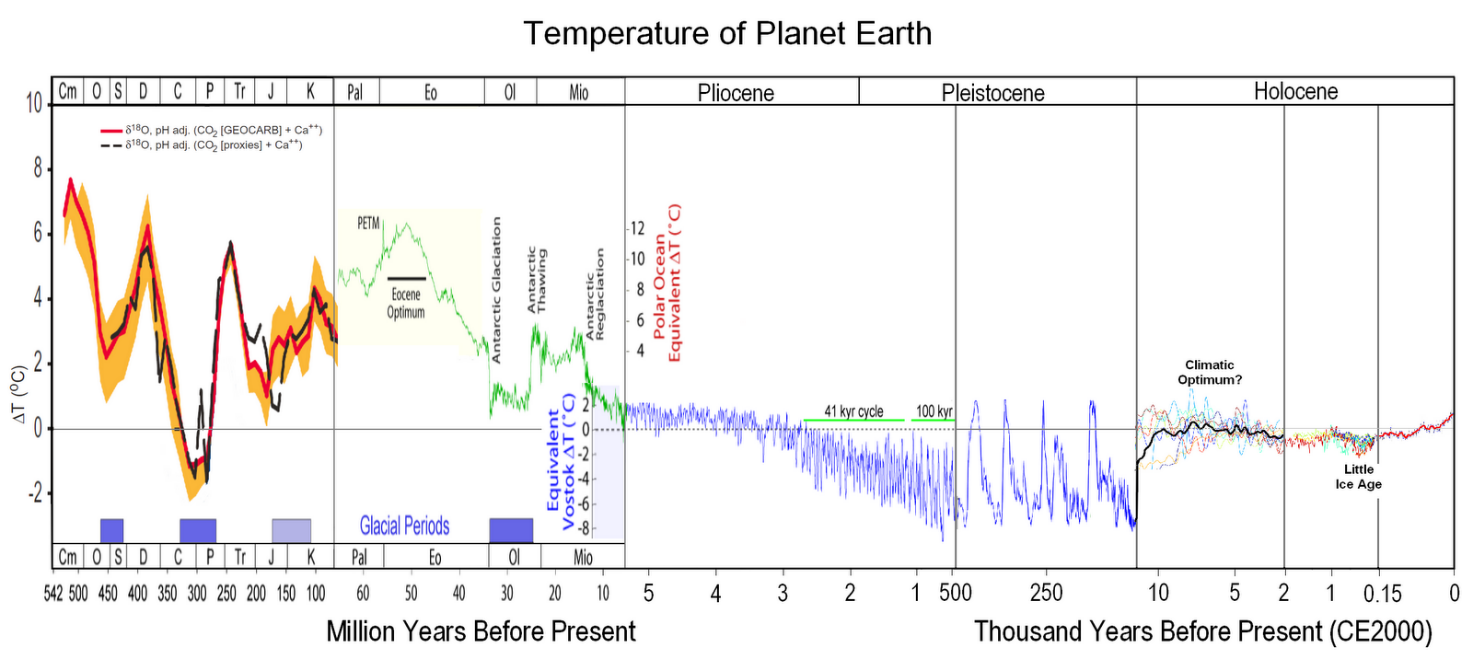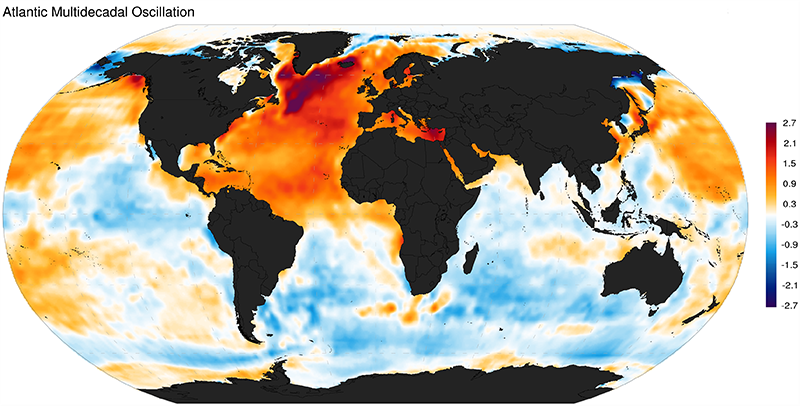Meteorology, Climatology and Oceanography
Topics:
1) Global and local climate changes
2) Solar activity and interactions between astronomical forcing and terrestrial geophysical systems
3) Atmospheric, oceanic and terrestrial tides
4) Circulation of the atmosphere and oceans
5) Average levels of the oceans and seas
6) Urbanization and climatic zoning of Naples and Campania.
7) Air pollution and environmental medicine
8) Chaotic and fractal characterization of natural phenomena
9) Analysis and modeling for climatic forecasts
10) Historiography of meteorology, climatology and oceanography.
11) Climates at high latitudes
12) Sea ice modelling
Research topics in meteorology, climatology and oceanography:
Meteorology is the study of local weather, climatology is the study of the meteorological conditions of a locality or region over a span of at least 30 years, and oceanography is the study of everything that refers to the oceans and seas.
We study how the aforementioned systems are physically interconnected and how they evolve, how they are connected to the geology and geophysics of solid earth, such as seismology and volcanology, and how they depend on the activity of the sun and the entire solar system. We address questions about how human activity can affect local and global environments and cause climate change.
The global warming observed since 1850 is commonly attributed to the release into the atmosphere of large quantities of greenhouse gases (for example carbon dioxide, methane, etc.) produced by human activities. However, our research is mainly oriented also to determine and quantify the natural dynamics of the climate changes taking place in order to improve and validate the predictive models used to study the climate.
The associated climate changes can influence the frequency of extreme weather events (e.g. extraordinary rain, snow, hurricanes, etc.) and the dynamics, chemistry and biology of the oceans. The sea level can rise or fall and change the geography of the coasts with enormous economic and social repercussions.
Finally, we study how to prevent or mitigate the negative effects of environmental changes and/or how to adapt to them in order to obtain the best possible economic and social benefits. A careful study of the weather, climate and oceans is necessary to understand the environmental issues on which much of human prosperity on our planet depends.
The S. Marcellino Meteorological Observatory of the University of Naples Federico II annexed to DiSTAR has provided useful data on research topics in local meteorology and climatology since 1872.
Collaboration:
- AriaSana ISAFOM CNR (Microclimatic characterization of the metropolitan air of Naples and of Campania)
- ACRIM-NASA (Active Cavity Radiometer Irradiance Monitor, San Diego, California USA)
- Duke University (Department of Anesthesiology: Center for Hyperbaric Medicine & Environmental Physiology, North Carolina, USA)
- CNR ISAFOM.
 Reconstruction of the earth's surface temperature in the last 550 million using different proxies.
Reconstruction of the earth's surface temperature in the last 550 million using different proxies.
 Solar wind effects on Earth
Solar wind effects on Earth 